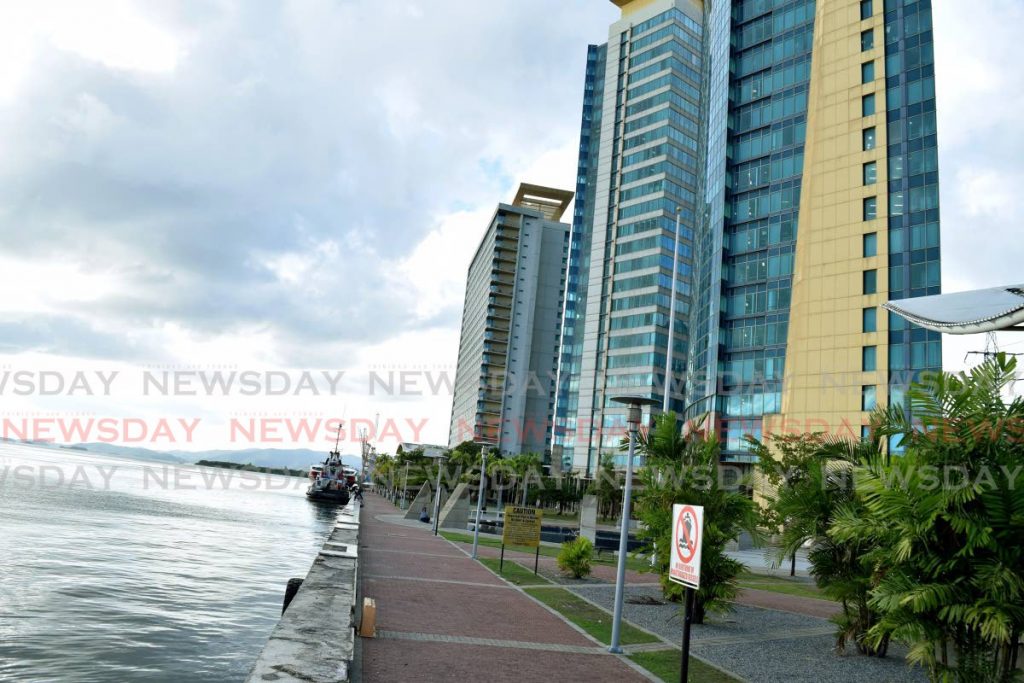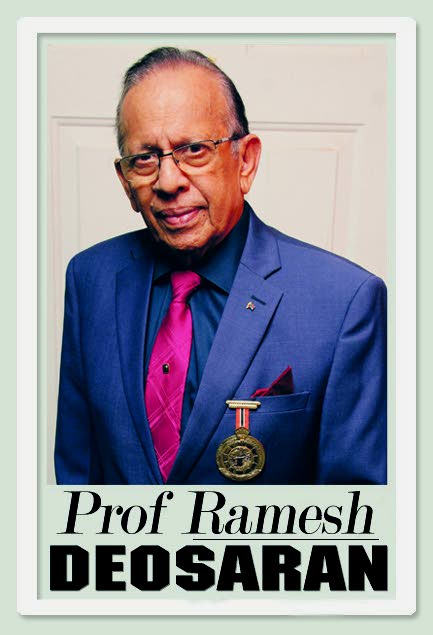Can Trinidad and Tobago be like Singapore?

For many years now, from politicians, businessmen, academics and artists, we have heard the repeated yearning for this country to be “like corruption-free Singapore.”
Could we? The recent debate over the Public Procurement and Disposal of Assets Act and the controversial exemptions sent me too thinking about Singapore and political corruption. And also the extent to which Singapore adjusted traditional democratic rights and freedoms to achieve public safety and economic progress.
I write on this now mainly because covid19 gives us some time to reflect on the state of our country.
Hopefully, the vaccine and related kinds of healing and prevention will bring the pandemic to an end so it will be useful to start thinking about what citizens and the government should do afterwards.
Many citizens, especially those who visited Singapore, have expressed high admiration for Singapore’s public-service efficiency, public safety, corruption-free government, public accountability, clean cities, effective judiciary, aesthetics, multi-ethnic harmony and quality of life. You will not see PH taxis, wild squatting, illegal vending, streets without signs, potholed roads, etc.
Briefly, let’s see what we here can possibly emulate from Singapore.
1. Singapore (population million, GDP US$380 billion) has an executive president, not a member of any political party, elected in fair and free elections with powers to veto what its parliament or prime minister approves. The Singapore constitution firmly declares that such a person, like ministers, must have demonstrated integrity, good character and reputation and supported by a well qualified, experienced and representative team of advisers. This executive president oversees government borrowing and retains power to hold back assent if the debt goes too deeply. The president also has powers to withhold assent to some senior government appointments.
2. Singapore doesn’t “make joke” with corruption. It has a fiercely operationalised and firmly independent Corrupt Practices Investigation Bureau (CPIB) driven by its Prevention of Corruption Act, penal code, etc.
The CPIB's motto is “swift and sure.” It strongly advises and assists companies to put in place “robust procedures for procurement and internal audit.” The CPIB provides companies with “a Singapore Standard Anti-Bribery Management System to help reduce corporate risks, etc.”

Whenever the prime minister, parliament or minister refuses the CPIB’s director’s request for inquiry into political or state corruption, he appeals to the president, who can allow the inquiry.
Singapore proves that it is not enough to have legislation and institutions. They must work efficiently and effectively.
Political patronage or party protection doesn’t rescue crooks. In fact, two weeks ago attorney Larry Lalla posted a speech by Singapore PM Lee Hsien Loong, who boasted to the world about his country’s corruption-free reputation. I replayed the full speech to hear PM Loong acknowledging human weaknesses of greed and vanity, while insisting on a hard-working and corruption-free public service where there are “guards guarding the guards.”
3. Through mutual agreement with Malaysia, Singapore gained political independence in 1965. Under the inspiring leadership of Cambridge-educated lawyer Lee Kuan Yew, the main challenge was cultural change, how to change colonial habits, how to mobilise Singapore’s multi-ethnic groups into a common-purpose nation. He led with good example.
With one of the world’s most efficient ports and business-attractive environment, Singapore remains largely free-market but with government intervention where required. With dustbins, garbage containers, green and flowery parks around the cities, the government succeeded in having “clean, safe streets.” The punishment for offences from littering to drug trafficking is severe and swift.
4. From 1965, Lee Kuan Yew, his successors and government stressed the crucial importance of the “soft factors” in government planning. That is, multi-racial harmony, housing equity and comforts, community co-operation, fair treatment by government agencies, etc.
In other words, rather than treating ethnic diversity as a political irritant, Singapore used diversity as a mobilising force. In fact, before social capital became a fashionable concept for economic development, Singapore succeeded in having these social factors (social capital) used as economic drivers.
There is a constitutionally-empowered President Council for Religious Harmony and a President Council for Minority Rights to help ensure fair and equitable treatment to the different racial or minority groups (Chinese 74 per cent, Malays 13 per cent, Indian nine per cent).
There is, of course, much more, but can we really become like Singapore? At what cost?

Comments
"Can Trinidad and Tobago be like Singapore?"